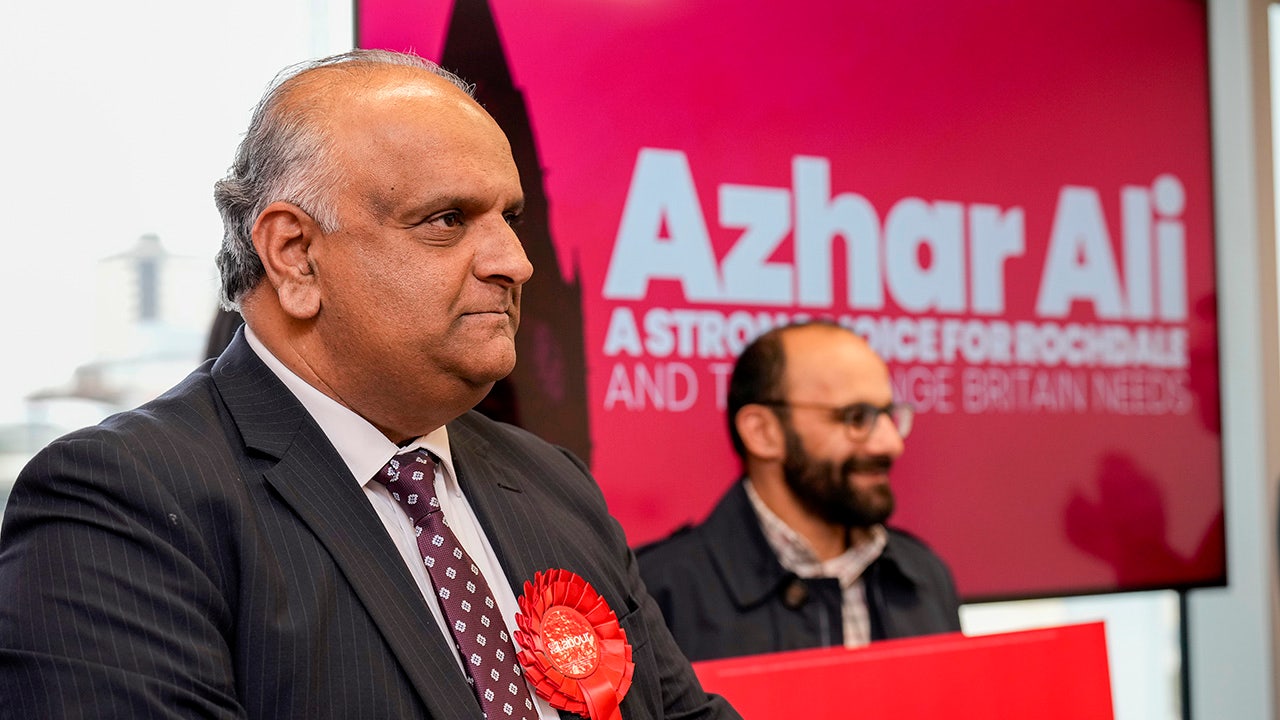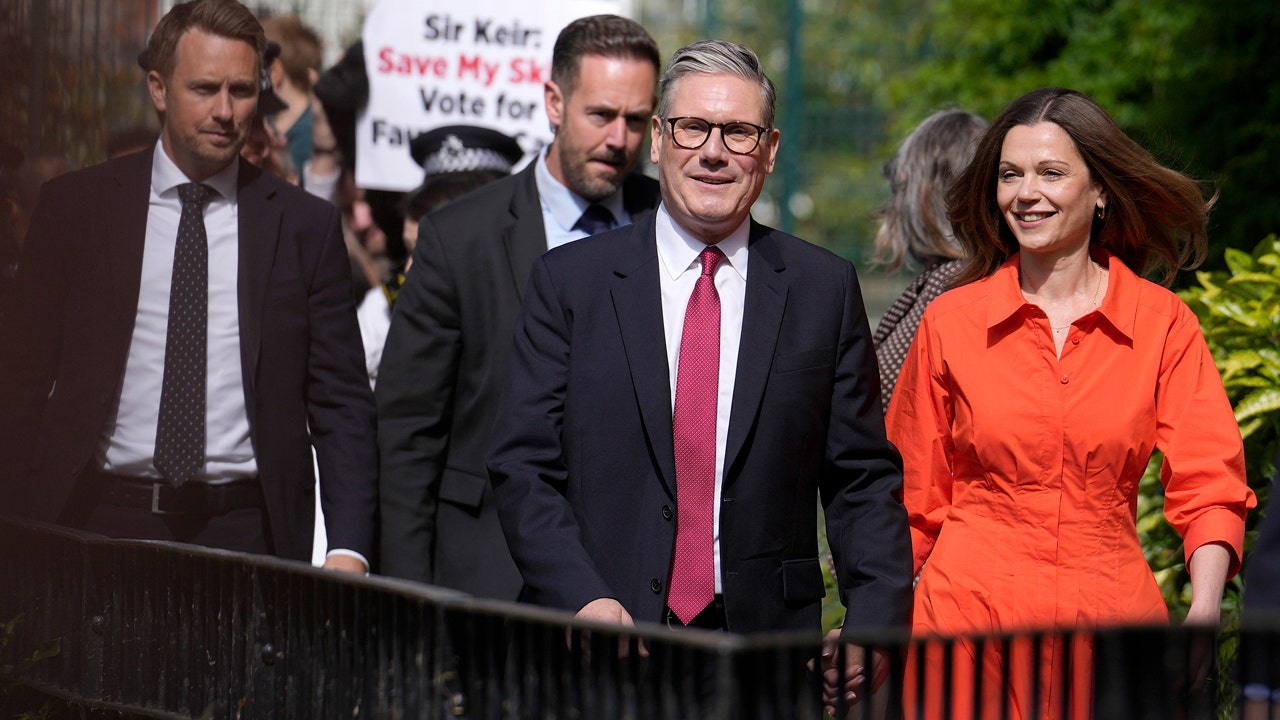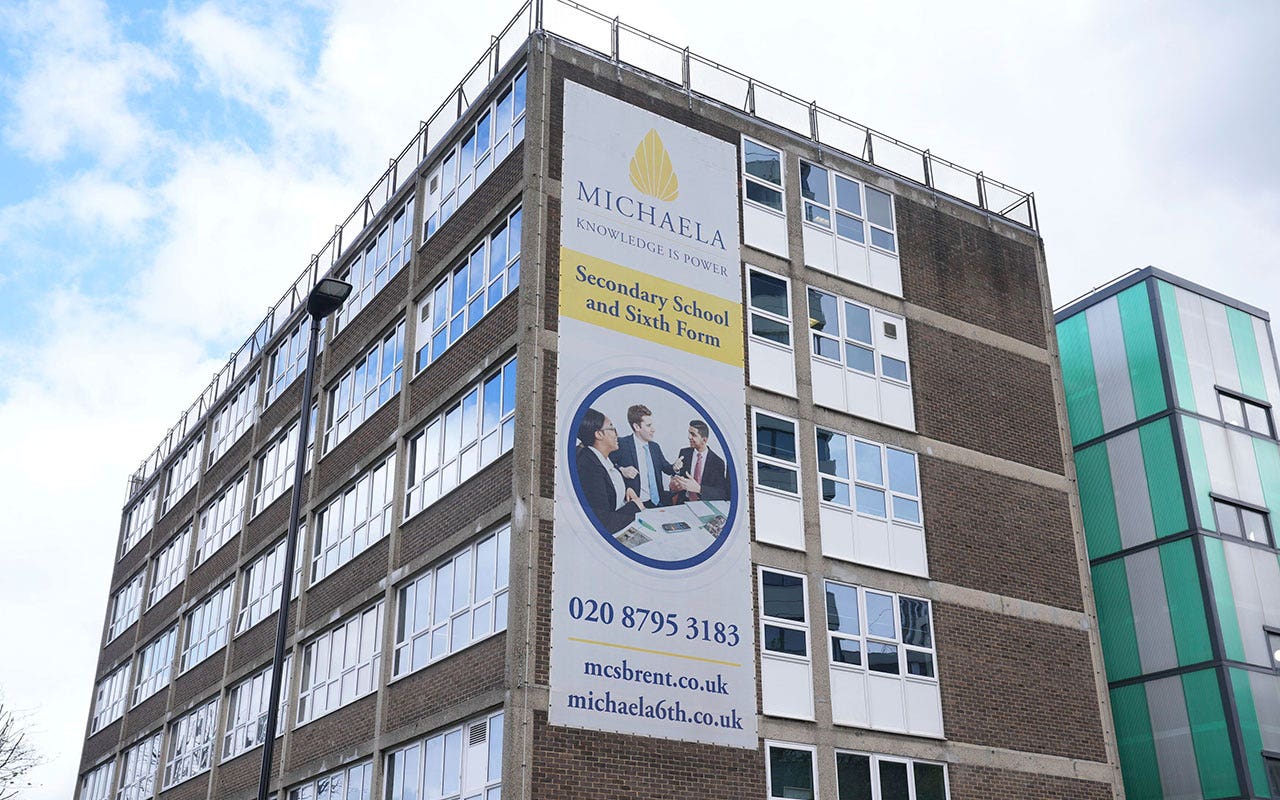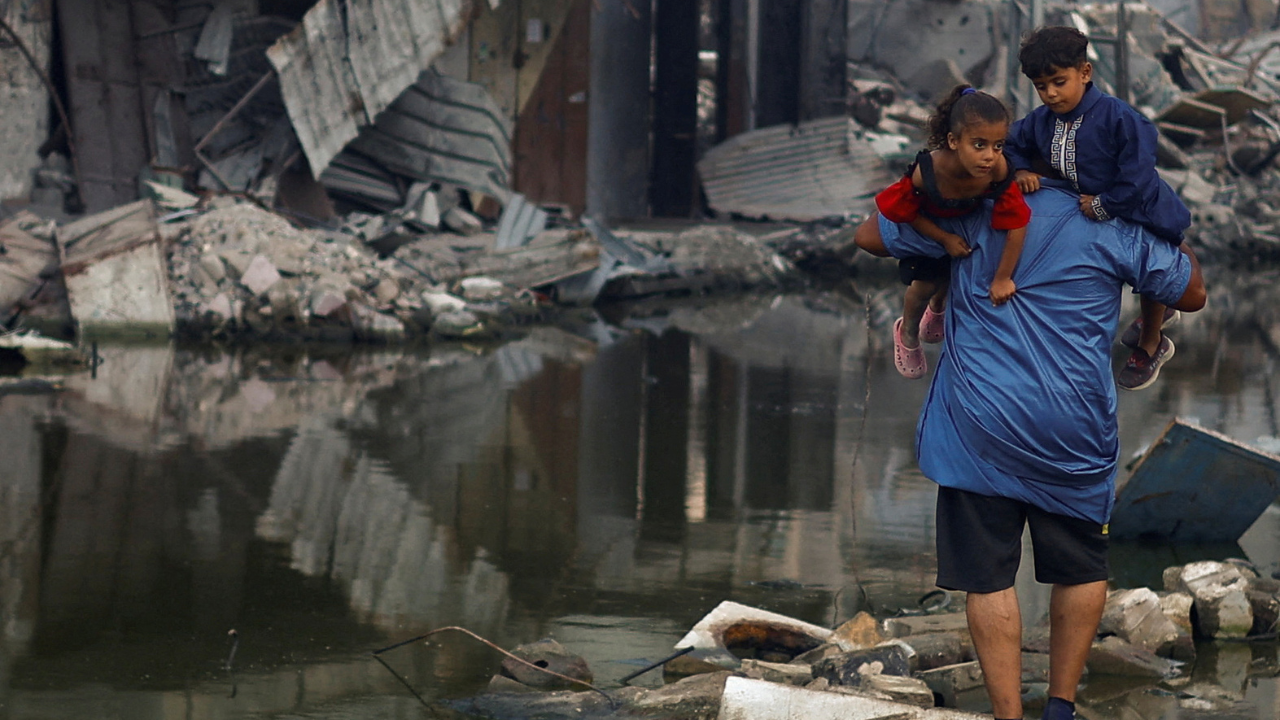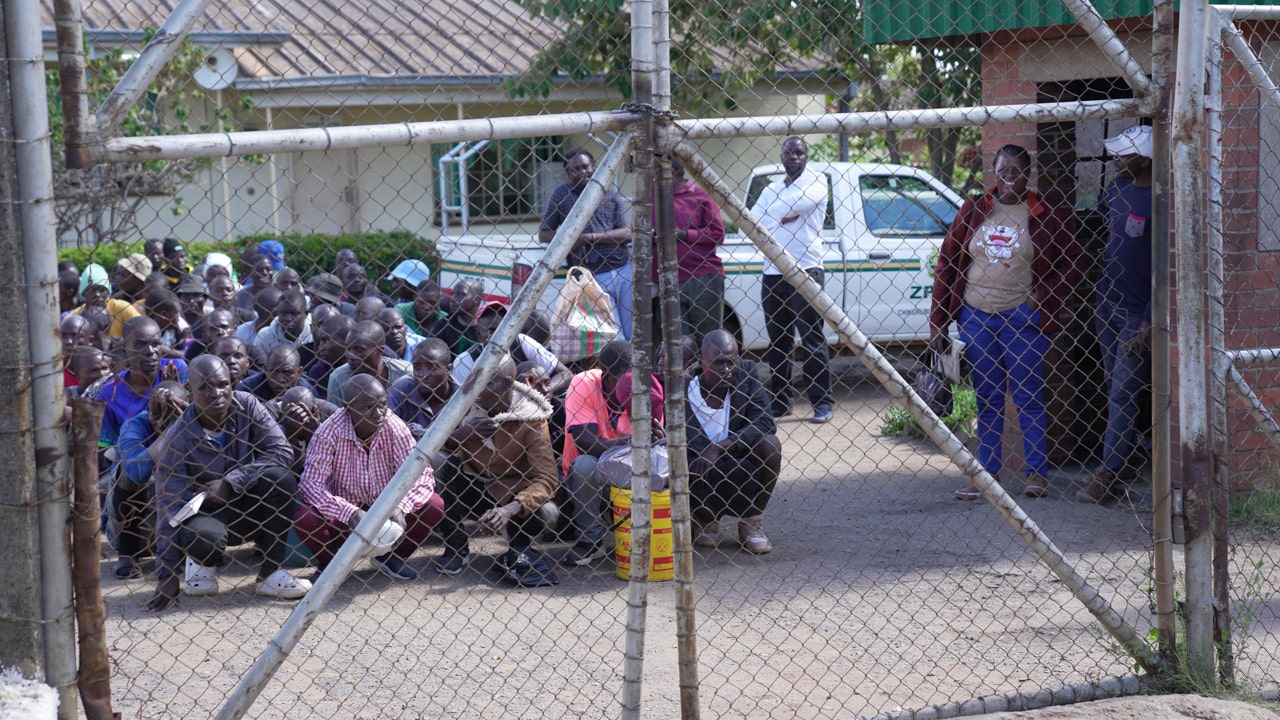President Macky Sall of Senegal on Wednesday dissolved his cabinet, replaced the prime minister and rescheduled the country’s presidential election to March 24, according to a government statement. The move came weeks after Mr. Sall postponed the ballot indefinitely, throwing the country into one of its deepest political crises in recent history as many feared he might try to stay in power past his term limit.
The election, which is likely to be one of the most closely watched in Africa this year, was initially set for Feb. 25, but Mr. Sall unexpectedly put it off, with no announcement of a new date. He cited an inquiry into allegations of corruption at the Constitutional Court, but political opponents and some analysts called the maneuver a constitutional coup. His decision Wednesday to set a date may allay some of the fears that he was trying to remain in office.
The political deadlock prompted alarm among Senegal’s international allies, including the United States and European countries, which have long considered the coastal West African nation of 17 million people a reliable diplomatic partner. It is also a favored recipient of aid in a part of Africa that has been convulsed by coups and where aging leaders have kept their hold on power despite constitutional limits.
The Constitutional Court, Senegal’s highest tribunal, promptly overturned Mr. Sall’s attempt to delay the election last month. Shortly after the court’s decision, the president said he would leave power on April 2, when his term will expire.
But who will lead the country between the April deadline and the swearing in of a new president remains unclear. Senegal may require a runoff election after results come in for the voting on March 24, but the government did not set a date for a runoff, nor did it specify who would govern the country in the interim.
Mr. Sall also dismissed his prime minister, Amadou Ba, according to the statement. Mr. Ba is the presidential candidate of Mr. Sall’s party, and the dismissal on Wednesday added confusion as to whether Mr. Sall still supported him.
Sidiki Kaba, the interior minister, will serve as prime minister, according to Yoro Dia, Mr. Sall’s spokesman. With the cabinet dissolved, Mr. Kaba will form one of his own.
Mr. Sall has been in office for two terms and is barred by Senegal’s Constitution from seeking a third. The country has faced years of political upheaval and uncertainty. Over the past three years, during Mr. Sall’s second term, the government jailed hundreds of protesters and political opponents, repeatedly forbade protests and cut off the internet.
Over the past few weeks, however, Mr. Sall’s government has softened its stance against the opposition and civil-society groups, allowing demonstrations again and adopting an amnesty law that benefits political prisoners. It has also reopened Cheikh Anta Diop university, one of West Africa’s most prestigious and a hot spot for demonstrations. The university was closed last June after antigovernment riots erupted in the capital, Dakar.
Mr. Sall has also said that he is ready to pardon Ousmane Sonko, his biggest political opponent, who is in jail and barred from running in the coming election.
Some analysts said that, despite signs over the past two years that Mr. Sall might try to cling to power, he had backtracked to preserve his, and Senegal’s, global image.
“Macky Sall had for a while been the spoiled child of the international community — from France to the United States, but also Russia and Arab countries,” said Alioune Tine, a well-known Senegalese human rights defender who has played an informal mediating role between the president and the opposition in recent weeks.
“That capital was at risk of collapsing when he postponed the election,” Mr. Tine said, but he added that Mr. Sall “now wants to exit in an honorable way.”
Nineteen candidates are scheduled to compete in the presidential balloting now set for March 24, including Mr. Ba, the now former prime minister, and Bassirou Diomaye Faye, the candidate for the leading opposition party. Whether Mr. Sonko could participate in the election if Mr. Sall were to pardon him is unclear. Mr. Faye is his replacement.
Despite Mr. Sall’s recent softening toward the opposition, critics argue that during his 12 years in power, he significantly weakened Senegal’s democracy. Dozens of protesters have been killed in clashes with security forces, and Mr. Sall is set to leave the presidency amid deep unpopularity.
Mr. Sall’s defenders have argued that he never crossed the line into authoritarianism and that Senegal’s young democracy has experienced the kinds of challenges many other such democracies often face.
But his opponents have not been mollified. Sixteen of the 19 candidates taking part in the election refused to participate in a dialogue organized by Mr. Sall last week to find a solution to the ongoing political crisis.


